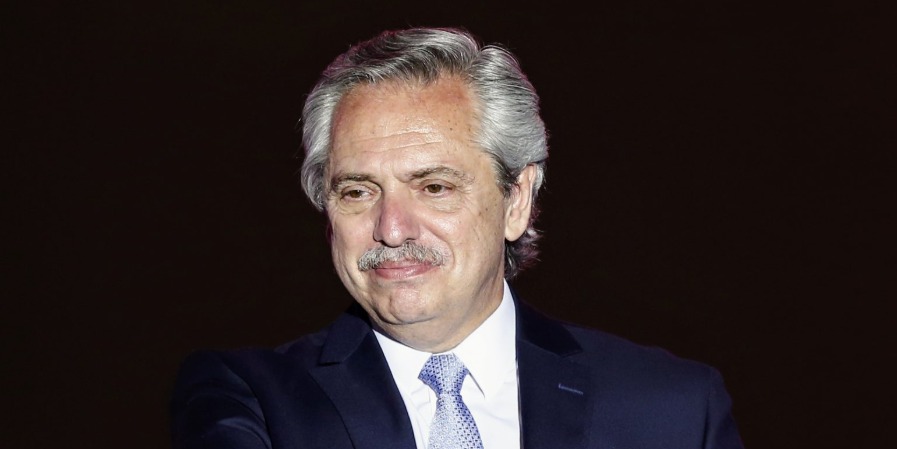Argentine president scrambles to replace economy chief after Guzman exit
Guzman had come under fire from the militant wing of the ruling coalition around powerful Vice President Cristina Fernandez de Kirchner, which has been pushing for more state spending to support hard-hit Argentines. He had been balancing that pressure with the need to cut a deep fiscal deficit, which had become tougher amid soaring energy import costs that have hit foreign currency reserves.

- Country:
- Argentina
Argentine President Alberto Fernandez held meetings and telephone calls on Sunday morning as he scrambled to find a new economy minister, official sources said, after the exit of ally Martin Guzman.
"No news," a government spokesperson told Reuters on Sunday morning. Guzman, 39, submitted his resignation late on Saturday amid rising tensions within the ruling Peronist coalition of how to handle economic crises that have been exacerbated by Russia's invasion of Ukraine and sky-high inflation.
Fernandez has yet to publicly address the resignation of Guzman, a moderate who had served as economy minister since the president took office in late 2019 and was the driving force behind major debt restructurings. Guzman was key to sealing a new $44 billion deal with the International Monetary Fund (IMF) this year to replace a failed 2018 program, as well as other major debt restructurings with local and international creditors.
Fernandez's choice for Guzman's successor will be an important signal for the direction his government will take on economic policy over a tightly controlled foreign exchange market, ongoing debt deals and trade. Argentina is a major export of soy, wheat and corn. Guzman had come under fire from the militant wing of the ruling coalition around powerful Vice President Cristina Fernandez de Kirchner, which has been pushing for more state spending to support hard-hit Argentines.
He had been balancing that pressure with the need to cut a deep fiscal deficit, which had become tougher amid soaring energy import costs that have hit foreign currency reserves. "We are facing a complex political crisis, deepened by the fight for power," said Rosendo Fraga, a political analyst.
(This story has not been edited by Devdiscourse staff and is auto-generated from a syndicated feed.)
ALSO READ
Dengue fever outbreak in Argentina leads to shortage of a must-have item: mosquito repellent
Venezuela to allow safe passage to Argentina for Machado aides-sources
Venezuela to allow safe passage to Argentina for Machado aides-sources
Venezuela to allow safe passage to Argentina for Machado aides, government source says
Venezuela to allow safe passage to Argentina for Machado aides, government source says










